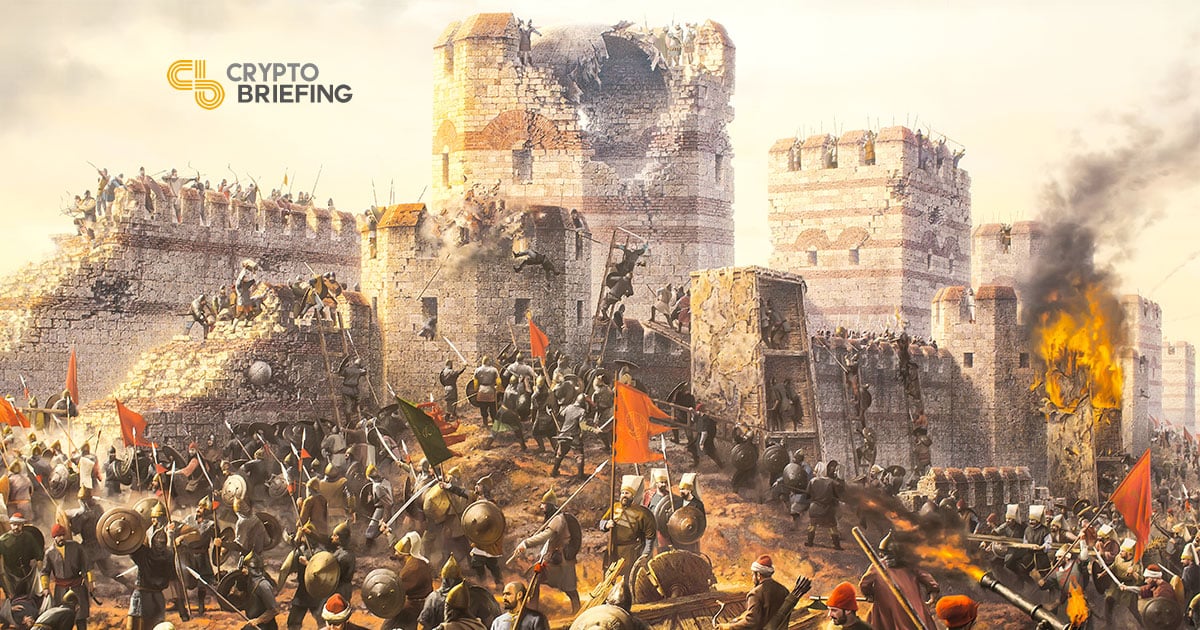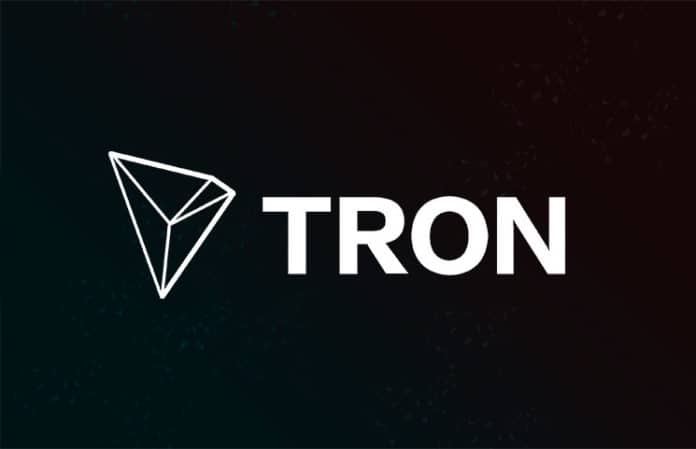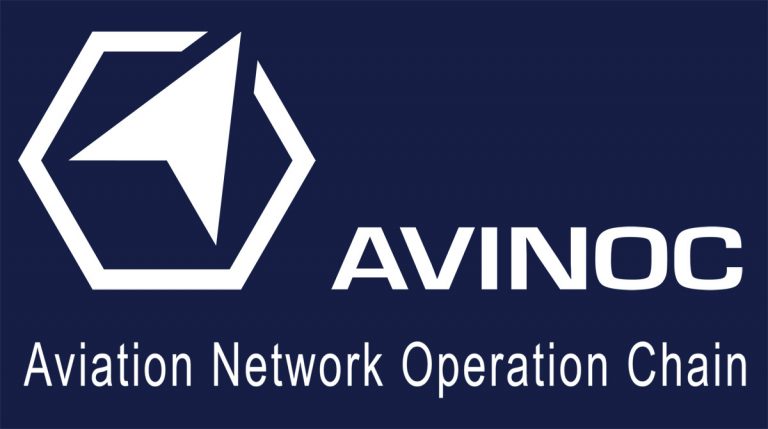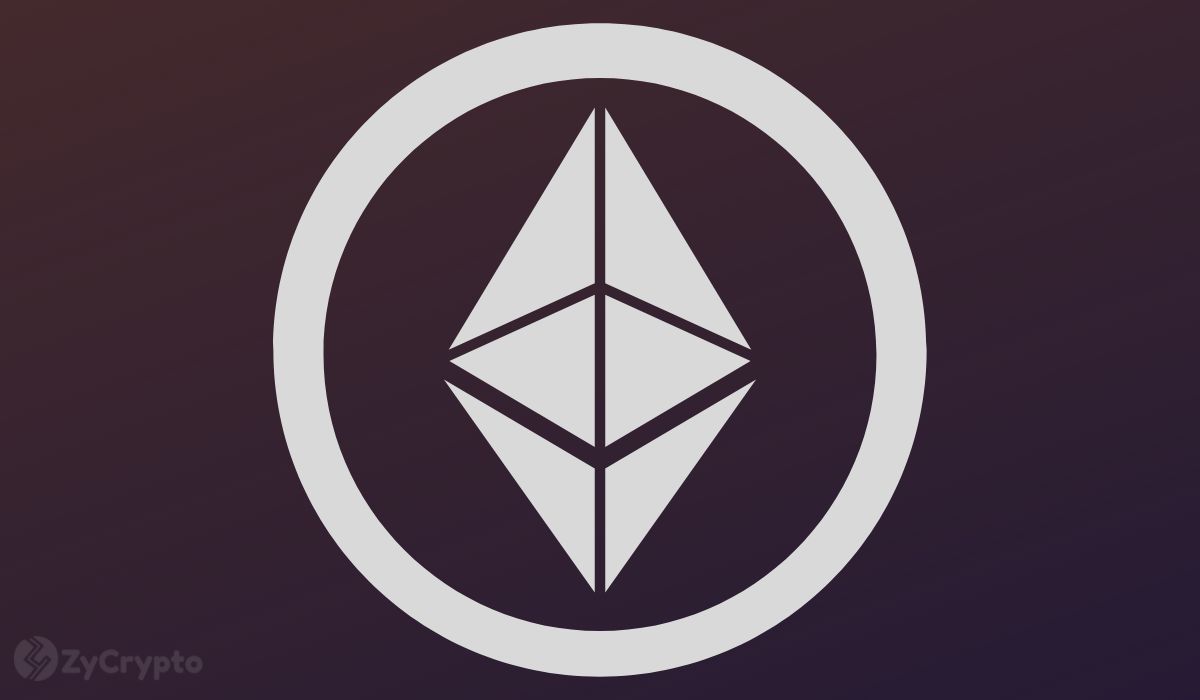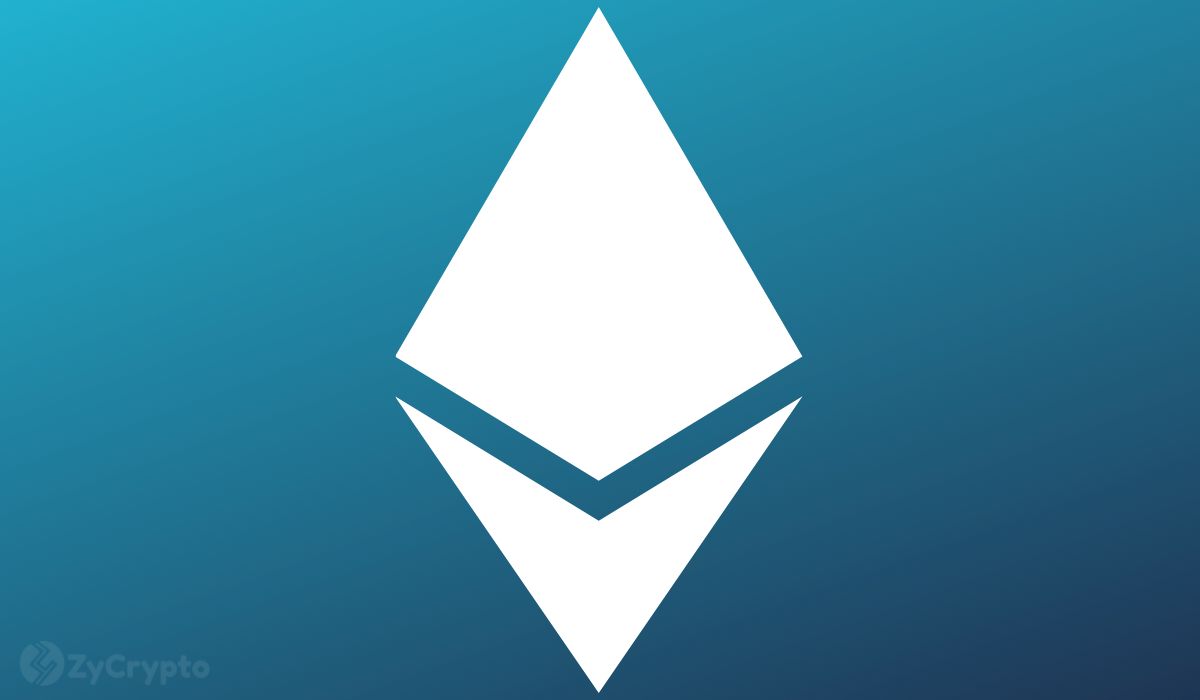2018-9-11 16:26 |
This feature is what has set the technology apart since its debut in 2008 as an innovation by Satoshi Nakamoto. The idea behind the tech was to create a platform for transactions without control by central authorities.
Via using consensus protocols, transactions and data are recorded on the block, which is immutable and secure. The concept is to completely remove any form of control from a central third party or trust.
The decentralized nature of blockchain has been the main selling point of the tech which several organizations and blockchain startups have cashed in on, by creating products and offering services on the premise of transparency and decentralization.
The big question is, are companies truly creating a system that’s fully decentralized or are they creating a new form of centralized structure?
Staying True to Decentralization?Since the creation of Bitcoin and Ethereum, as mentioned earlier, several blockchain startups have introduced myriads of services using blockchain ranging from entertainment and healthcare to digital identity solutions and creation of digital assets with the promise of full decentralization.
However, with several of these services already operational, it’s becoming obvious that several of the prominent blockchain projects have begun leaning towards centralization, a problem blockchain was intended to solve.
Bitcoin, for instance, the pioneer of blockchain technology and the Proof of Work (PoW) consensus mechanism, is unfortunately one of the projects that is gradually shifting away from decentralization.
In the earlier stages of Bitcoin, the PoW consensus mechanism seemed to operate perfectly as miners had liberty and obtained rewards. However, as mining became even more difficult and these valuable rewards became more competitive, miners began joining forces to pool together, thus sharing computation power and rewards.
Consequently, a few number of pools mostly in China took control of the mining process. The low energy costs in China gave these pools an upper advantage. This monopolistic control is what gave the few pools major influence over the security of the Bitcoin network.
However, one could argue that this centralization of mining pools is a result of a few big mining operations coming together, not a result of any actions from the governance of the Bitcoin network itself.
The security of the network is also one of the safest, as there are close to 10,000 nodes spread out around the world. As a payment utility, Bitcoin is still the go to transaction asset and one of the more stable coins in the volatile industry.
Another blockchain project that is also seemingly facing issues with decentralization is Ethereum. Ethereum received massive popularity among blockchain projects and exchanges due to its smart contracts functionalities.
At one time it appeared to be the standard in the blockchain sector. However, the blockchain platform faced some controversial issues in 2016 with regards to its hard-fork between Ethereum and Ethereum Classic.
A situation that was a result of a dispute within the community over an attack on the Decentralized Autonomous Organization (DAO) of the Ethereum blockchain saw millions of dollars missing. Vitalik Buterin, co-founder of Ethereum, had proposed the solution to hard-fork the blockchain to combat the hacking and allow for the return of the stolen money.
However, this raised questions of true decentralization among the proponents of Ethereum Classic, the blockchain that was not forked. The blockchain being forked at will only goes to question if true decentralization can be guaranteed. Ethereum, however, is still one of the most decentralized blockchains out there, with over 15,000 nodes.
This guarantees the relatively strong security of the Ethereum network, and to this day, the ERC token standards are widely adopted by many projects looking to issue their own tokens, which means Ethereum is still standing strong and a force that cannot be ignored.
NEO is another example of public blockchain project that drifted towards centralization in its pursuit for scalability and efficiency. NEO’s chain due to its consensus mechanism is managed by a few master nodes less than 50 in comparison to Bitcoin and Ethereum – over 9000 and 15000 respectively.
Interestingly theses master nodes are controlled by NEO and its partners giving them total control over the network, a situation which negates the concept of decentralization blockchain promises.
The Need to Maintain Focus and Stay the PathIf blockchain technology primarily creates a platform for decentralization and removes control from third party trusts, then it is crucial that blockchain projects stay focused on the path and remain true to the technology. If systems are not adequate, we might just be on the way to creating the same problems blockchain claims to solve and even on a larger scale.
Projects like Metaverse have endeavored to stay true to decentralization. Allowing users to create Digital Assets using Digital Identities, the project remains one of the most decentralized blockchain platforms.
The Digital Assets, which consist of fungible and non-fungible assets (MST and MIT respectively) are directly linked to the users’ digital identity Avatars.
Furthermore, with the Metaverse Explorer, users are able to easily access information on the Avatars and assets as well as get information on any address, transaction, or block quickly.
The project continually promises to remain true to full decentralization by constantly improving its consensus protocols to meet the needs of its users to avoid any form of mining centralization and unnecessary interference with the network.
This rekindles the belief that it is indeed possible to stay the course of decentralization without tradeoffs. Several blockchain platforms, as pointed out, have derailed on the premise of scalability and efficiency.
However, this must be guarded against. Blockchain has promised a fully decentralized solution that remains crucial to today’s failing system, however, it is important to ensure that promise adhered to.
The post Blockchain: A Step Towards Decentralization or Another Form of Centralization appeared first on CoinSpeaker.
origin »Bitcoin price in Telegram @btc_price_every_hour
High Performance Blockchain (HPB) на Currencies.ru
|
|


